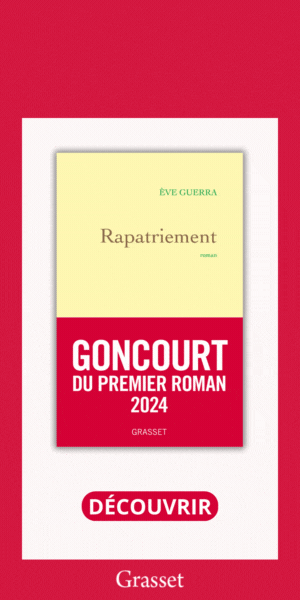Africa : 50 years of independence
Extraits
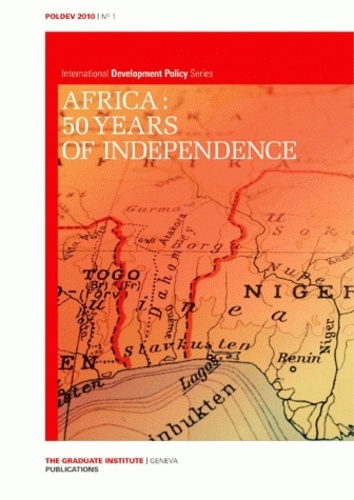
Sciences politiques
Africa : 50 years of independence
03/2010
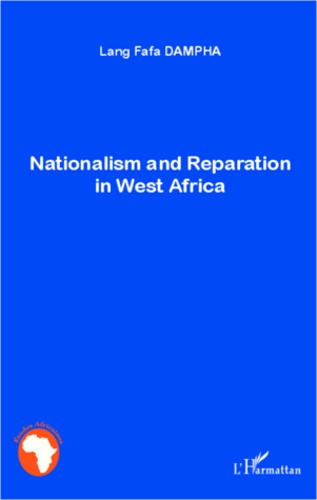
Histoire internationale
Nationalism and reparation in west Africa
04/2013
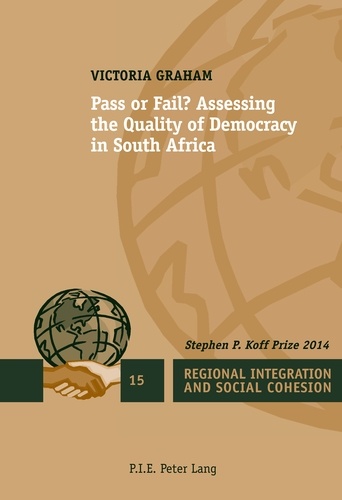
Sciences politiques
Pass or Fail?. Assessing the Quality of Democracy in South Africa
09/1991
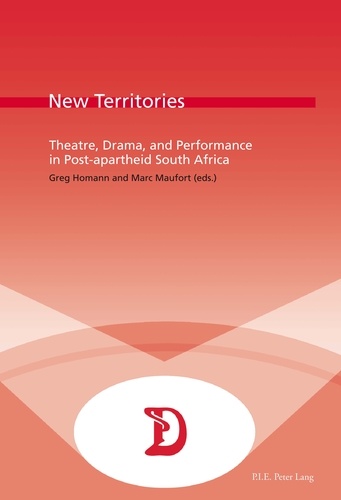
Théâtre
New Territories. Theatre, Drama, and Performance in Post-apartheid South Africa
11/1987
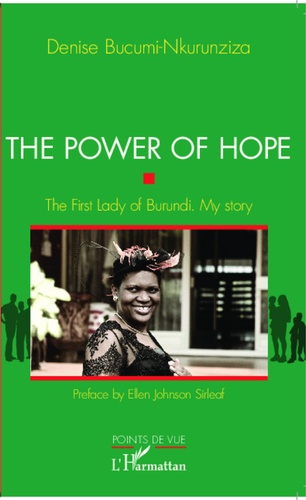
Histoire internationale
The power of hope. The First Lady of Burundi. My story
07/2013
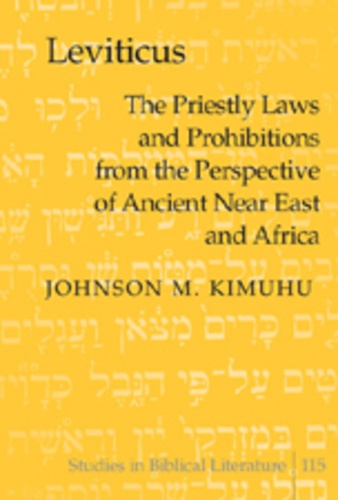
Religion
Leviticus
02/2008
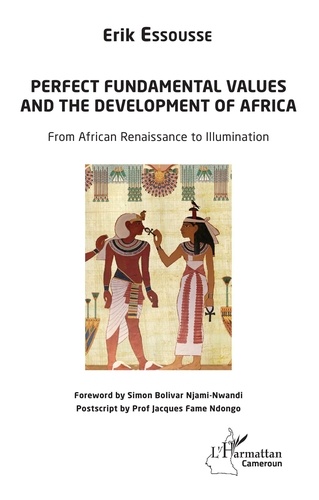
Histoire internationale
Perfect fundamental values and the development of Africa. From African Renaissance to Illumination
02/2020
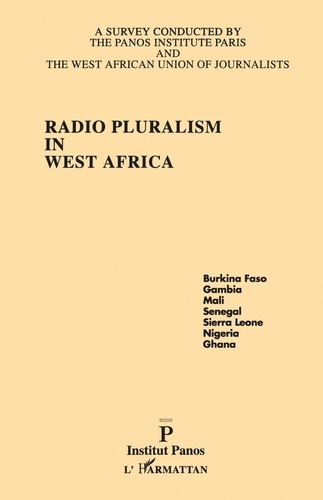
Critique littéraire
Radio pluralism in West Africa
09/1993
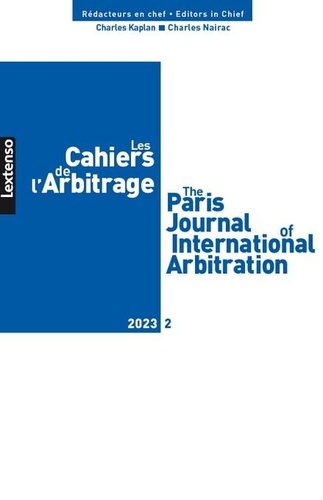
Arbitrage
Les Cahiers de l'Arbitrage N° 2 2023
10/2023
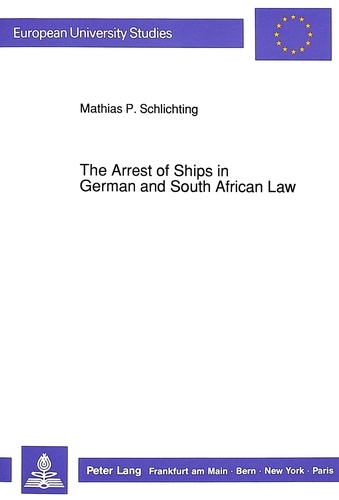
Non classé
The Arrest of Ships in German and South African Law
03/1991
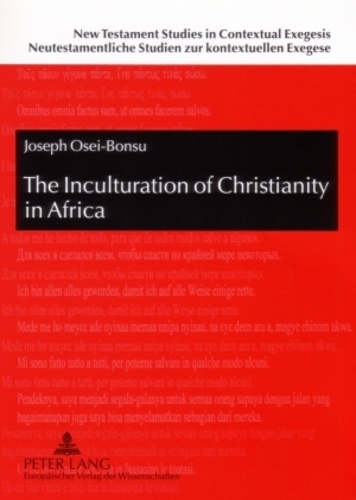
Non classé
The Inculturation of Christianity in Africa
10/2005
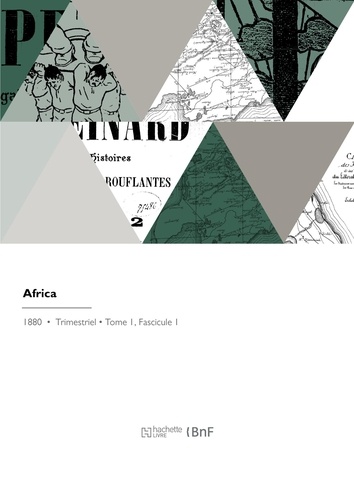
Afrique
Africa
01/2023
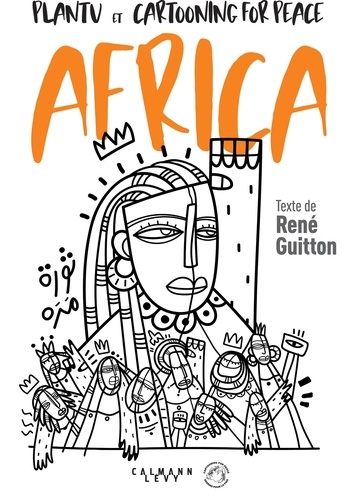
Actualité médiatique internati
Africa
05/2021
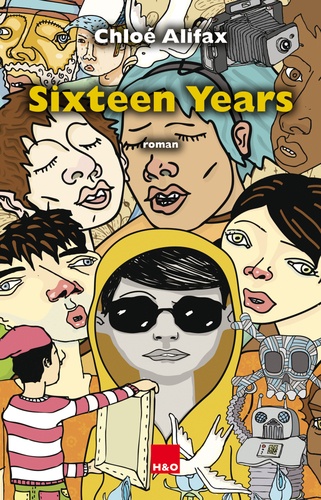
Littérature française
Sixteen Years
05/2017
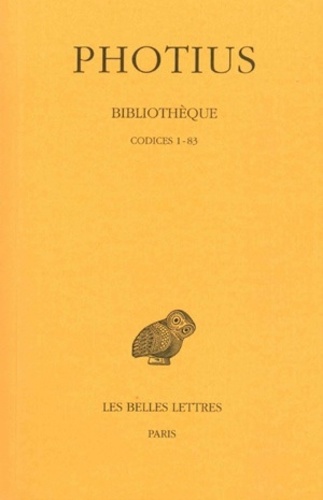
Critique littéraire
Bibliothèque. Tome 1, Codices 1-83, Edition bilingue français-grec ancien
01/1959
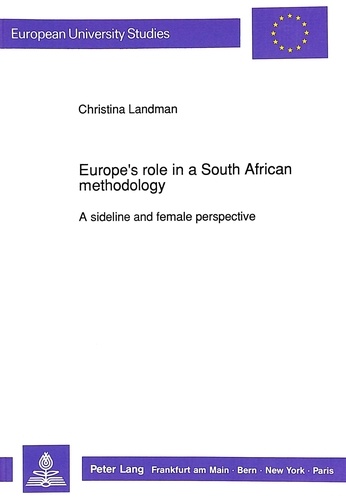
Droit
Europe's Role in a South African Methodology
12/1991
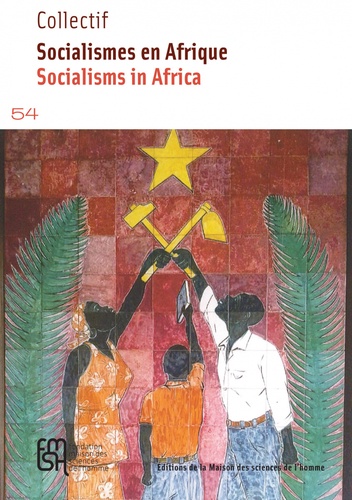
Sciences politiques
Socialismes en Afrique
06/2021
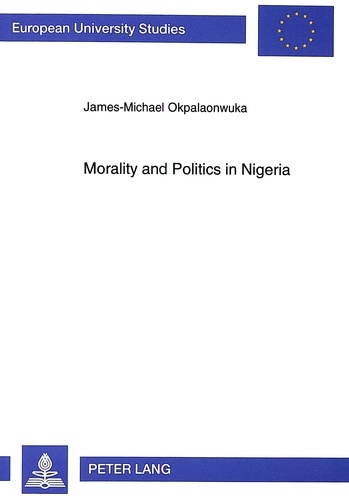
Non classé
Morality and Politics in Nigeria
07/1997
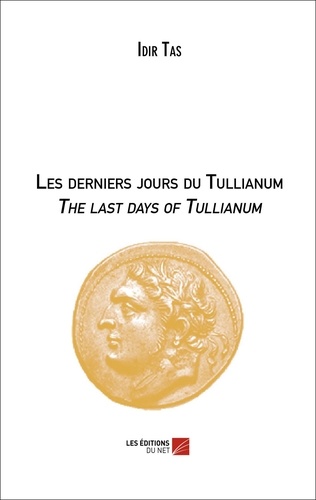
Littérature française
Les derniers jours du Tullianum. The last days of Tullianum
06/2016
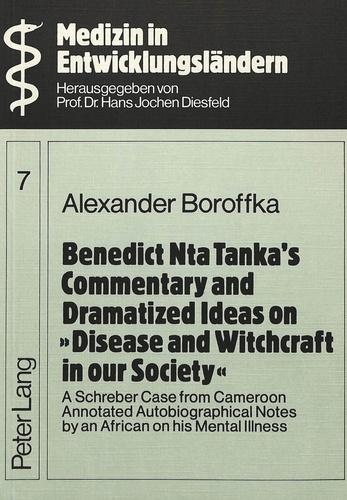
Non classé
Benedict Nta Tanka's Commentary and Dramatized Ideas on «Disease and Witchcraft in our Society»
12/1980
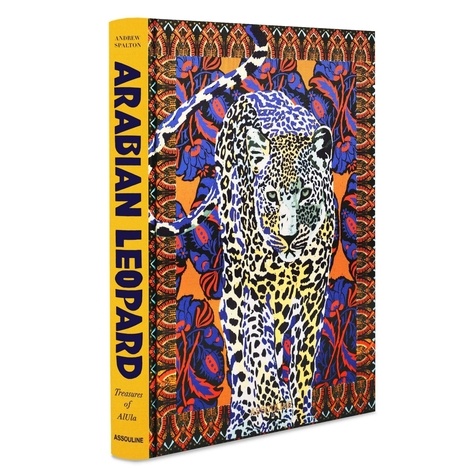
Monographies
Arabian Leopard. Treasures of Alula
01/2022
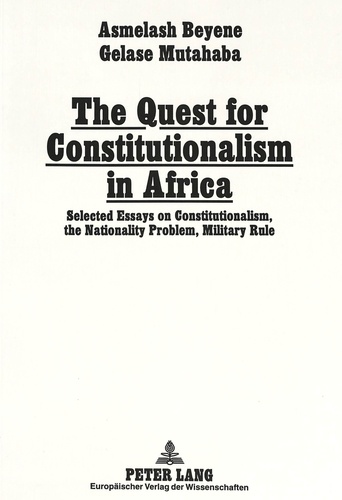
Non classé
The Quest for Constitutionalism in Africa
05/1994
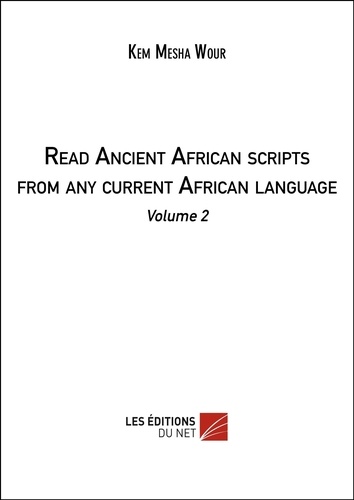
Non classé
Read Ancient African scripts from any current African language. Volume 2
05/2020
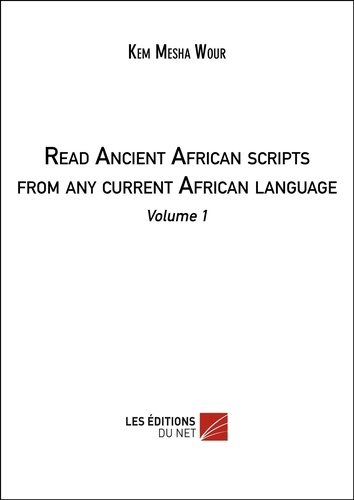
Non classé
Read Ancient African scripts from any current African language. Volume 1
05/2020
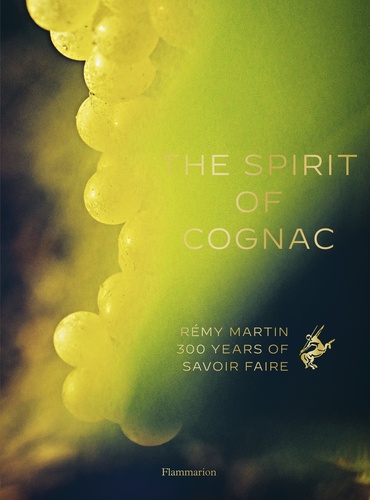
Les alcools
The Spirit of Cognac. Rémy Martin : 300 Years of Savoir Faire
11/2023
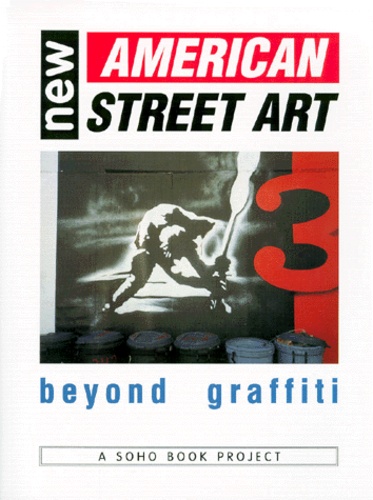
Décoration
NEW AMERICAN STREET ART. Beyond graffiti
03/1999
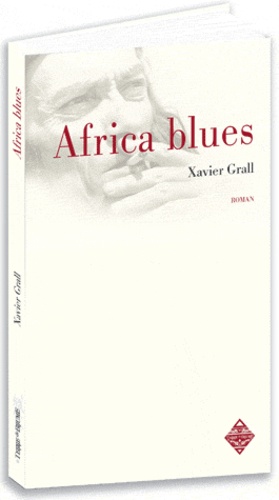
Littérature française
Africa blues
02/2011
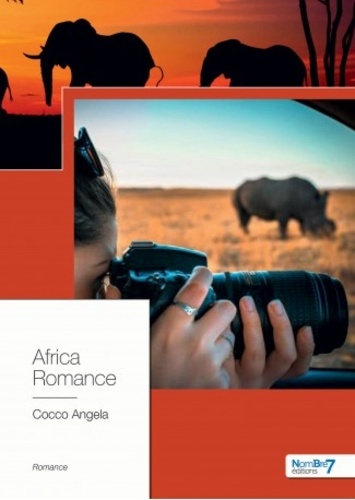
Littérature française
Africa Romance
11/2018
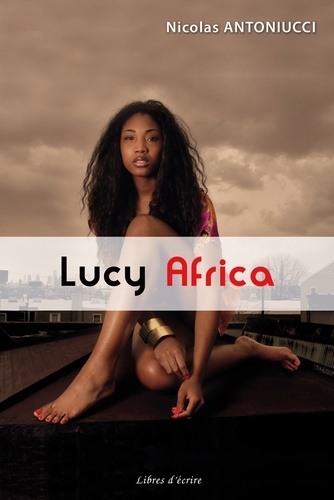
Littérature française
Lucy Africa
11/2014
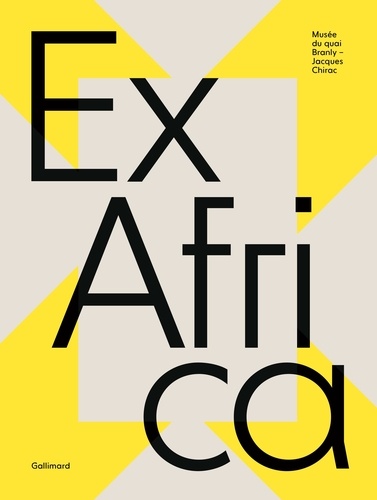
Musées français
Ex Africa
02/2021

